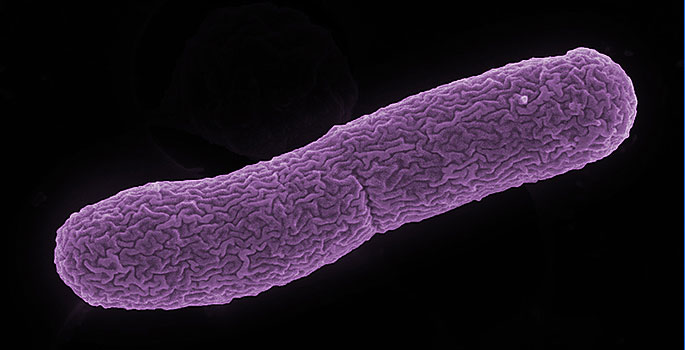

Seth Bordenstein, associate professor of biological sciences and pathology, microbiology and immunology, has been awarded a $950,000 grant from the National Science Foundation for research into the regulation of bacterial infections that are passed from mother to offspring.
At the turn of the 20th century, biologists asserted that babies develop within a sterile womb and acquire their initial bacteria from the environment. This paradigm is being reconsidered today in light of new knowledge that the Bordenstein lab has synthesized: Comparative studies of many animals have long held that mothers commonly supply bacteria to their offspring.
Moreover, such bacteria are not simply benign passengers. They play vital roles in animal health and disease. They also have their own microbial interests, namely propagating from generation to generation. In this context, there is a biological conundrum between host and maternally transmitted bacteria: High amounts of bacteria in offspring can lead to development of certain diseases, while low concentrations can deprive the offspring of the advantages that the bacteria confer.
The primary goal of Bordenstein’s project is to pinpoint which animal genes affect microbe density by testing three hypotheses:
- animal hosts express multiple (rather than single) genes to control bacterial concentrations;
- when the normal functioning of these genes is disrupted, the bacterial densities transmitted to the offspring will increase; and
- these genes control the bacteria by repressing their replication and by preventing them from entering the developing offspring.
It will be the first study that uses a unique genetic analysis to characterize the animal genes that regulate bacterial densities.
The study will also provide a number of undergraduates with valuable research experience. It includes a large community outreach initiative that builds upon Bordenstein’s ongoing program Discover the Microbes Within! The Wolbachia Project. For this grant, the team will run a new annual, week-long workshop for education students seeking to become teachers. The workshop is based on the premise that the earlier science educators are exposed to real-world “discovery science,” the more comfortable they will be using it in their classrooms in the future.
In addition, the lab will team with the School for Science and Math at Vanderbilt to involve a group of high school students who will engage with The Wolbachia Project members and communicate its methods and findings to their respective high schools.
Finally, Bordenstein’s team will create and maintain a number of different online channels, ranging from email to Facebook to science blogging, in order to provide interested teachers, students and members of the public with real time exposure of the project and allow them to ask questions and interact with the researchers.
—Ben Streeter